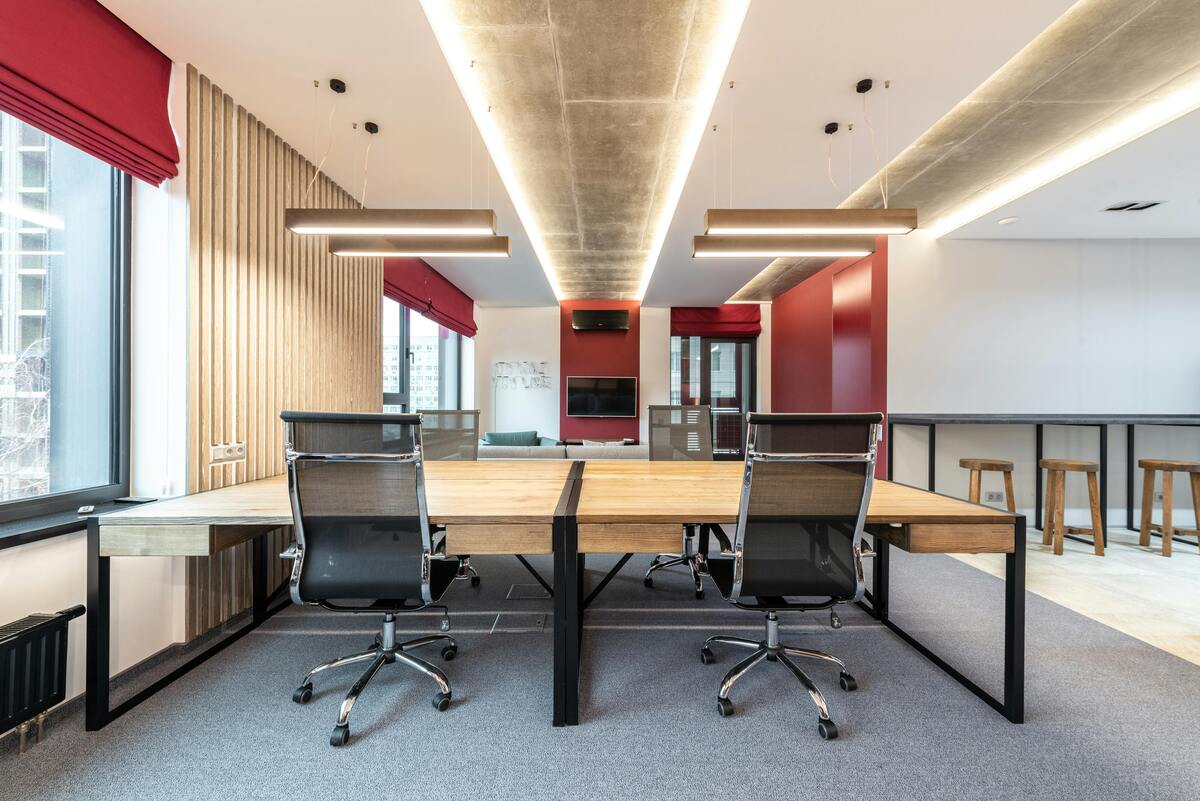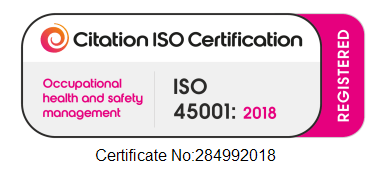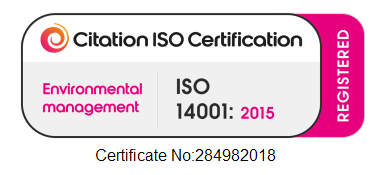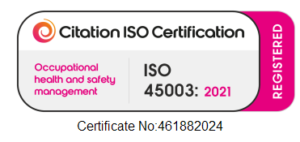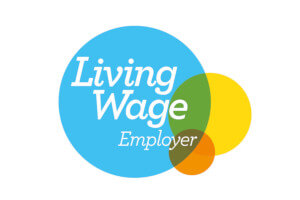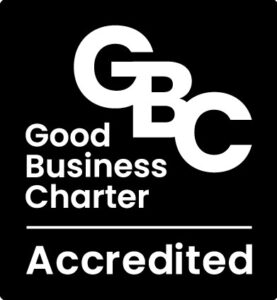
Is it time to bring staff back into the workplace? The return to the office has become a dispute for employers and employees alike.
Some staff are desperate to return, while others are less keen. Meanwhile, many employers have adopted distributed teams and entirely remote working while others are requiring workers to be back at their desks.
It’s a controversial topic and one which many businesses have struggled to navigate.
This article explores tips to help you smoothly negotiate the return to the office.
A return to office life
The UK Government lifted guidance on remote working in July 2021. Since then, employees have gradually returned to the office full-time or a few days a week.
However, since the lifting of restrictions two years ago, there has been a lot of debate over returning to the workplace. This is especially true regarding topics like having a work-life balance and paying for a long commute during a cost-of-living crisis.
The solution for most is hybrid working. As of February 2022, 8 in 10 employees planned to adopt a hybrid approach to work, according to the Office for National Statistics. A survey of managers found that 80% of firms have adopted hybrid working.
Nevertheless, a hybrid working policy still means a return to the workplace for most employees at least a few days a week.
While the threat of COVID is less than when restrictions were lifted, a transition back to in-person work may still prove challenging for many. This is particularly relevant for those who might have had to work remotely since 2020 or even pre-pandemic.
How can your business adapt to smoothly return your employees to the office?
#1 Make your office a home away from home
A Skillcast survey found that 97% of UK employees felt home-working was advantageous. 62% of those said wearing comfortable clothes was a perk. While about half felt working remotely led to better well-being, and 38% said it improved their work-life balance.
Remote work has allowed us to indulge in our creature comforts while we work. Bringing some of those comforts into the workplace can help employees adjust to the office again.
Why not have a relaxed dress policy on certain days a week? Cosy jumpers, slippers, even onesies. How about providing hot chocolate or herbal teas in the breakroom or getting an office pet?
The only limit is your imagination and possibly how often your onesie-clad employees will have to perform customer-facing tasks.
Oxford University’s Saïd Business School found happy workers are 13% more productive. So, indulging your employees in a few home comforts might help them transition back to the office and increase productivity.
#2 Consider going hybrid and take your time
Some corporate employees are feeling forced to return to the office. Post-pandemic, many employers are offering greater workplace flexibility.
Now, hybrid working has its advantages and disadvantages, but introducing this model can help full-time employees gradually readjust to office life after remote work.
Arranging with employees to come into the office for at least two days a week before increasing their in-office hours can help build confidence.
Allowing employees to choose which days a week they come into the office at first also makes the transition easier for those who have built their schedule around remote work.
This will also help your employees feel they have some say in transitioning from remote work to in-person or hybrid work.
Sweeping return-to-office mandates can often leave employees feeling unseen and unheard. Take your time with flexible working arrangements.
Understanding the struggles some employees may encounter transitioning from fully remote work to the office full-time and not hurrying them is vital.
A hybrid model and a flexible approach can iron out any problems as you and your employees return to the office.
#3 Have executives make their presence felt
In 2022, the BBC described how some employees had returned to the office while their bosses had not.
If employers make employees return to the office, why shouldn’t senior leaders? Double standards between managers and employees are never good and will likely breed resentment and poor office attendance.
Furthermore, having managers in the office keeps everyone focused and incentivised – even if they’re only in a few days a week.
Managers can act as positive role models, encouraging behaviour and creating a culture that aligns with company values. This is hard to do when you’re the only one working remotely.
This may seem an obvious point. However, many employers asked corporate employees, but not senior leaders, to return to the office when restrictions were lifted in 2021.
#4 Make it social
While 4am movie marathons, home workouts, and a very short commuting distance were great for some, but, of course lockdown was also difficult for many of us. Few opportunities to socialise made things even harder, straining people’s mental health.
Many employees who continued remote work after the pandemic may not have had the chance to fully reintegrate and work through many of the problems they faced during the pandemic.
Introducing flexible work or a full return to the office offers a chance to socialise in the work environment again.
A paper in the Journal of Personality and Social Psychology shows talking can help people process their emotions. Why not apply this approach to your workplace?
Listen to your employees, encourage in-person interaction, and tell them to use their HR representative if they need extra support.
You can take this further and survey your employees to evaluate their feelings about office returns. Employee feedback can help you make more specific adjustments to suit their needs.
#5 Give your employees something to believe in
Change is hard. This is doubly true if you don’t understand or believe in the reason for it. Make your employees believe in the benefits of coming back to the office.
The psychologist Leon Festinger suggested that when someone’s actions and beliefs are incompatible, they must change one or the other.
If employees don’t believe in returning to in-person work but are made to anyway, they might feel disillusioned and unmotivated. Their actions will not change because they do not believe they should.
However, if employees believe in returning, their actions will change to match their beliefs, leading to happiness and motivation.
Be transparent with employees why they need to return to the office. Is in-person collaboration better for teamwork? Productivity? Company culture?
Furthermore, clearly lay out the plan for employees’ return. Will they be required to work remotely and only come in three days a week at first? What is the long-term plan?
If your employees know the whys and the hows, they are more likely to get behind the return to the office and make it successful.
#6 Recognise employee achievements
Remote work has disconnected many workers from their employer’s purpose and values. A disconnected workforce is an unproductive workforce.
Constant communication is essential to avoid this sense of disconnect entering the office when employees return. However, more importantly, returning to an office environment allows you to recognise employee achievements better.
Employees will feel a part of your company if their achievements are recognised and rewarded. This is a great thing to develop as employees transition back into the office to create cohesion and productivity.
Employee recognition could involve creating a digital system for employees to nominate hard-working coworkers, sending out a dedicated internal memo, or having weekly shoutouts in team meetings for employees who have done great work.
#7 Book in anchor days
If you decide to adopt a flexible work policy with a view to a total return to the office, anchor days are worth considering.
Anchor days involve employees from distributed teams meeting every month or even a couple of days a week in the workplace.
The adoption of remote distributed teams and hybrid work by many employers means many workers don’t get to experience the benefits of in-person collaboration.
Anchor days can promote productivity, improve team cohesion within a hybrid working model, and familiarise employees with the office environment. This can pave the way for a full return to the office.
#8 Keep your office space clean
With employees returning to the office, keeping your office space clean is now more important than ever.
Regular and professional cleaning will make your office a welcoming place to work. We offer the daily professional office cleaning London companies are looking for.
Above all else, make sure the workplace is set up for staff success – there are lots of benefits to a clean office space.
Final thoughts: Returning to the office
We hope this list of eight tips has helped you generate ideas for adjustments to help with the return to the office.
A return to the office can be challenging for employers and employees. However, you can make it a success by considering flexible working, promoting a good work-life balance, and creating a clean, homely office environment.
Remember, a clean office is one your employees will love to work in! We are Think FM, daily office cleaning experts.
If you found this article useful, we’ve written lots more, including how to optimise your office space planning.
Think FM has the outstanding daily office cleaners London businesses like yours are searching for. We do retail cleaning in London too.
We provide the high standard of commercial office cleaning London businesses are looking for. For more information, please don’t hesitate to contact us.
share this article

